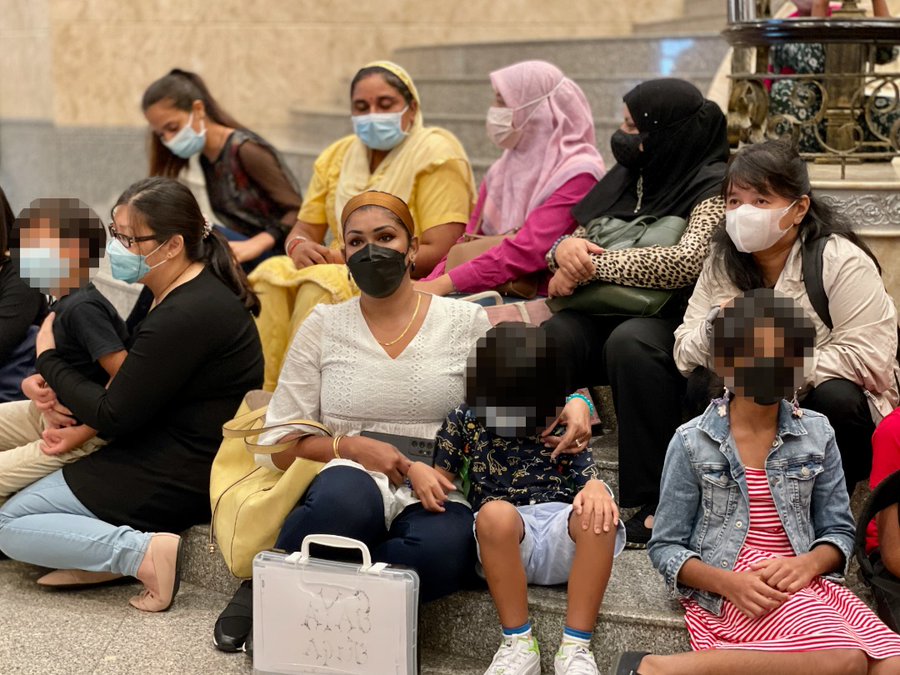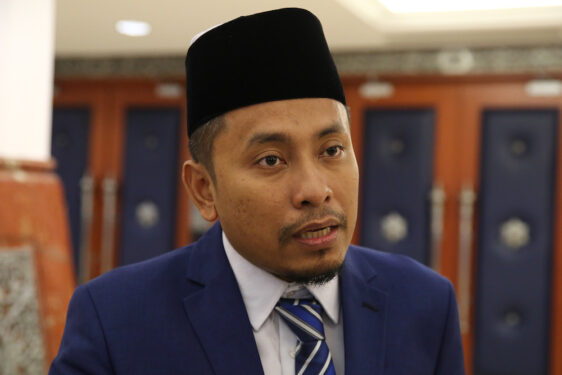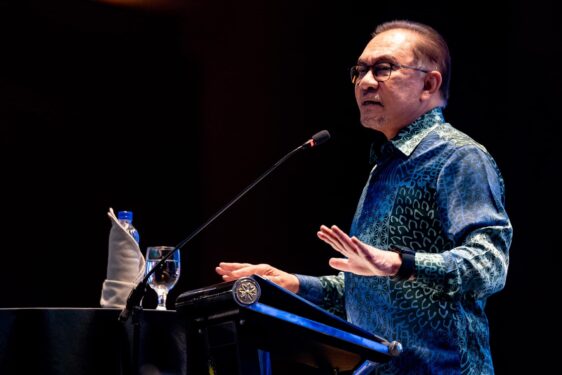THE HUMAN Rights Commission of Malaysia (SUHAKAM) notes the Court of Appeal’s decision on Aug 5 (Friday) in the case of the Government of Malaysia vs Suriani Kempe & Ors.
The decision overturned the Kuala Lumpur High Court decision on Sept 9, 2021, which allowed Malaysian mothers with a non-Malaysian spouse to confer citizenship to their foreign-born children through the operation of law.
SUHAKAM wishes to express its disappointment with the Court of Appeal’s decision.
The decision will negatively impact not just Malaysian mothers but their children, particularly in meeting their basic needs, including access to medical services, education, citizenship and other rights guaranteed to all Malaysian citizens under Malaysian law.
SUHAKAM recalls the Government’s commitment to the Convention on the Rights of the Child (CRC) and the Convention on the Elimination of All Forms of Discrimination Against Women (CEDAW).
The Government also has a commitment to ensure that domestic legislation should affirm the principles of equality between men and women without any discrimination and to protect and fulfill children’s basic rights.
As a country that has ratified both instruments, Malaysia should implement the principle of bona fide to ensure the principles of the instruments are implemented and applied in Malaysian laws with sincerity in both intention and action, instead of ratifying them without any intention to see them through.
“What happened to constitutional amendment decision?”
On Nov 23, 2021, the Council of Rulers approved a recommendation to establish a committee to work on the amendment of Article 14(1)(b) of the Federal Constitution.
It also noted that the committee was expected to present the outcome of its consultations and research within six months.
However, six months have since passed, and no such presentation has been made to date.
SUHAKAM stresses the importance of the amendment to Article 14(1)(b) of the constitution, with any delays in doing so being deliberate negligence of meeting the rights of women and children in Malaysia.
Many children are separated from their families and even suffer mental health issues due to the uncertainties relating to the status of their citizenship.
Malaysian women are also forced to migrate to foreign countries because their children are not accepted in Malaysia.
This is not in line with the intent and spirit of the Keluarga Malaysia concept.
SUHAKAM urges the Government to expedite its earlier proposal to amend Part II of the Second Schedule of the Federal Constitution toward the realisation of Malaysia’s commitments.
This will also be in line with Malaysia’s current membership in the UN Human Rights Council (HRC) and its responsibility to achieve gender equality and fulfill the rights of children.
SUHAKAM further supports the obiter dictum of Judge Datuk S. Nantha Balan that the status quo should be maintained for the overseas-born children of the six Malaysian mothers who had earlier obtained their Malaysian citizenship papers until such time the Federal Court decides on their appeal.
Similarly, the applications of other Malaysian mothers who had applied for citizenship for their overseas-born children but who were not a party to the earlier lawsuit, should be put on hold and not be rejected.
SUHAKAM calls on the Government to provide a permanent solution to the plight of these Malaysian mothers and their children, to remain as one family. – Aug 8, 2022
The Human Rights Commission of Malaysia, better known by its acronym SUHAKAM, is the national human rights institution of Malaysia.
The views expressed are solely of the author and do not necessarily reflect those of Focus Malaysia.
Main photo credit: Suriani Kempe










